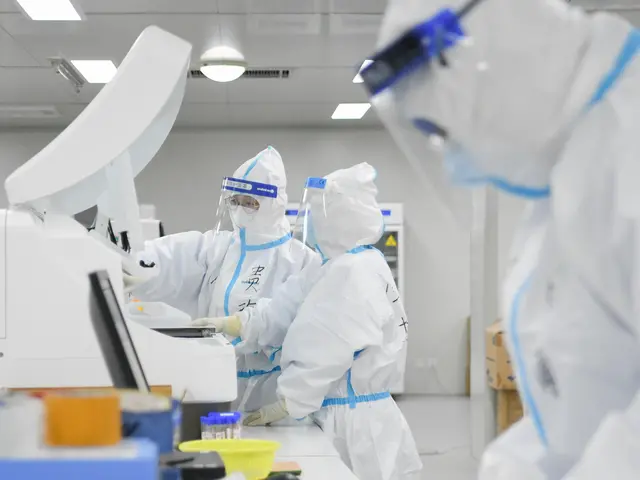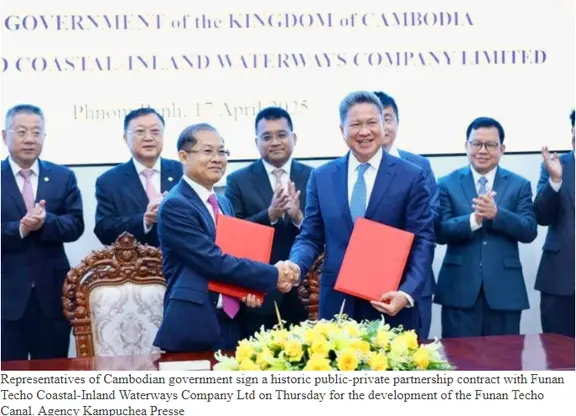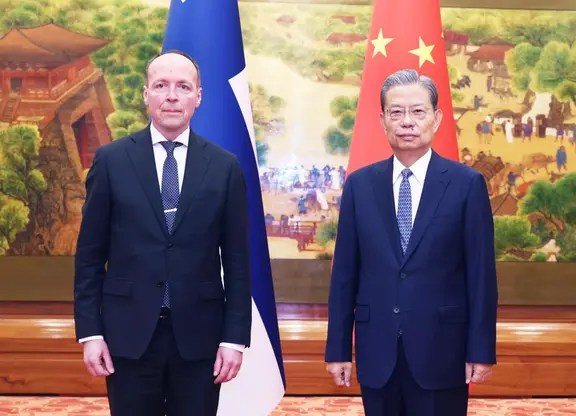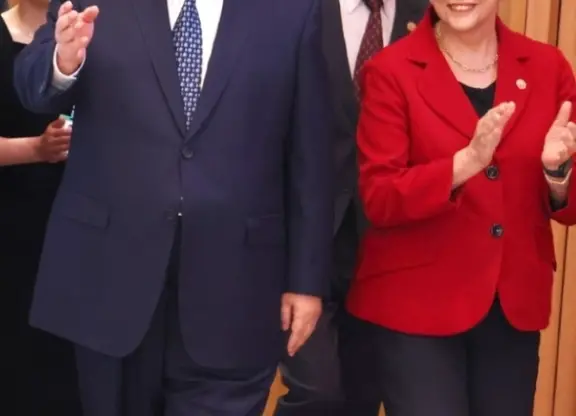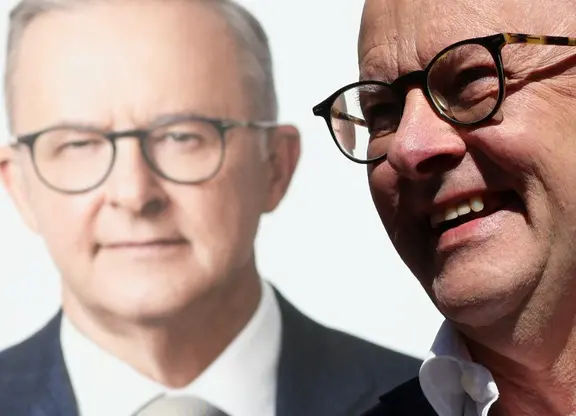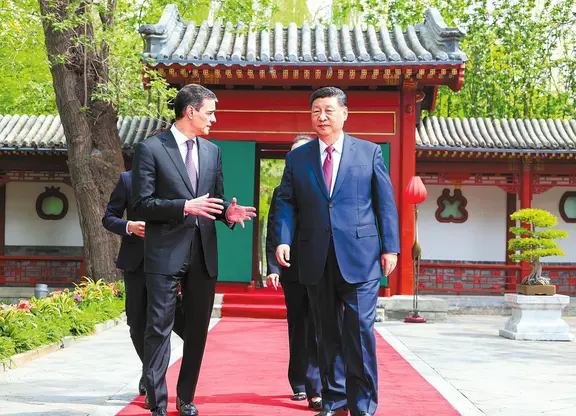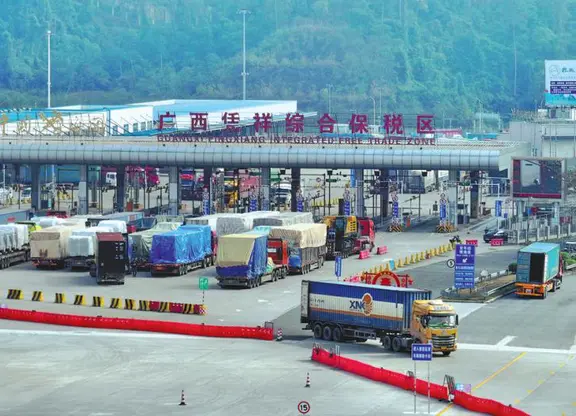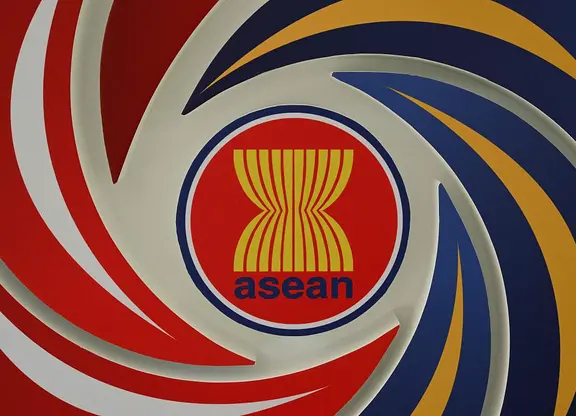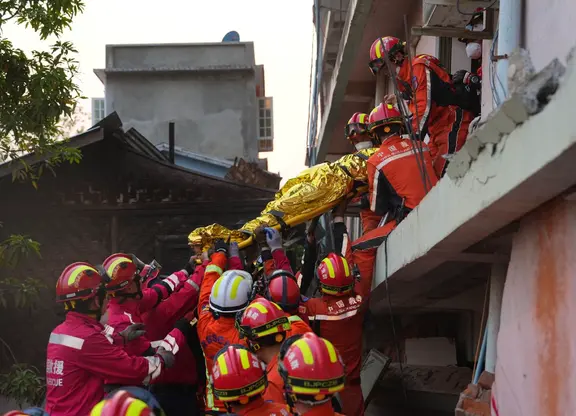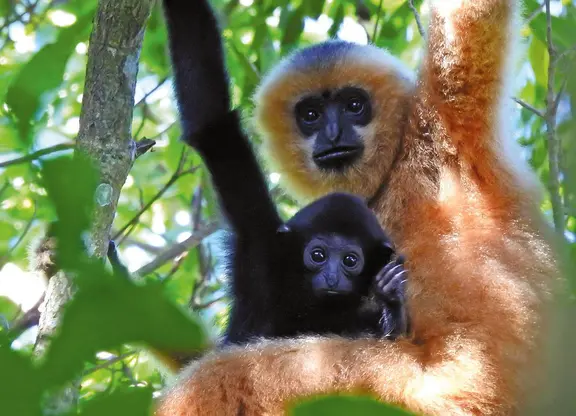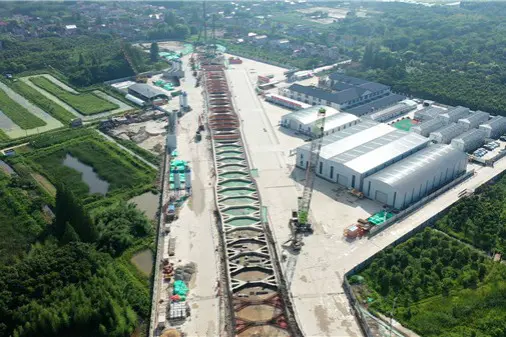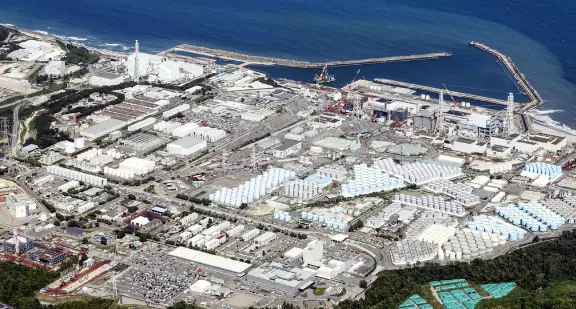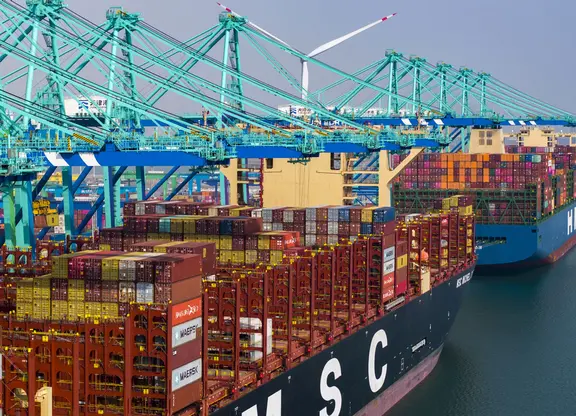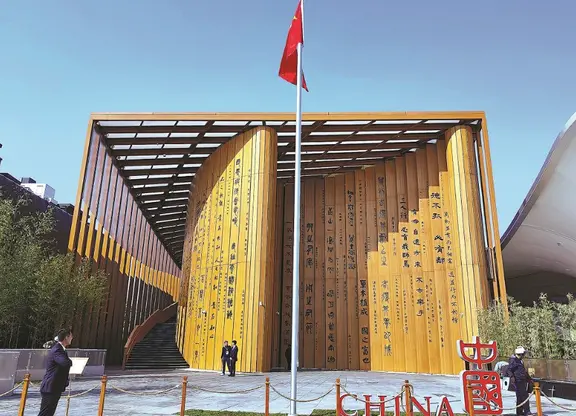A Senegalese medical expert told Xinhua that Senegal needs to strengthen technical cooperation with countries like China to support the west African country after the confirmation of its first COVID-19 case earlier this week.
"Countries like China should be open to strengthening technical cooperation to support our country scientifically and technologically," said Daouda Ndiaye, head of the parasitology department of the Cheikh Anta Diop University of Dakar (UCAD).
"They are there to help our country," he told Xinhua after the confirmation of Senegal's first case of COVID-19, a French national returning to Dakar from France.
"It's true that Senegal has experience in the response system set up during the Ebola epidemic. However, the door should be opened to all technical partners who have expertise in this area," he added.
He called for a frank, win-win global collaboration in which each country brings their expertise.
The Senegalese Ministry of Health and Social Action is communicating all reports on COVID-19 to the World Health Organization (WHO), he revealed, stressing that it is always useful to share scientific information through this channel.
He insisted on "high-level engagement" as the Senegalese president recently demonstrated after confirming a case COVID-19 in Senegal.
For him, all the vital forces of the nation should be involved in the response mechanism to the novel coronavirus, in particular the scientific researchers, the doctors as well as the religious leaders.
It is by taking into account the experience of Senegal during the Ebola epidemic and also that of other partner countries that the epidemic could be defeated at the national level, said Ndiaye, also director of the international center for training and research on genomics and infectious diseases.
"Today, the world faces one enemy, the coronavirus. We have to work hand in hand and people must follow the recommendations made by the health authorities," he said.
He also urged media professionals to cultivate "responsibility" and "lucidity" in such a situation, by providing "real information".
He especially called to banish the "stigma" of the infected patients so as not to create "psychosis" among the population by insisting on awareness-raising with the support of researchers.
 简体中文
简体中文

